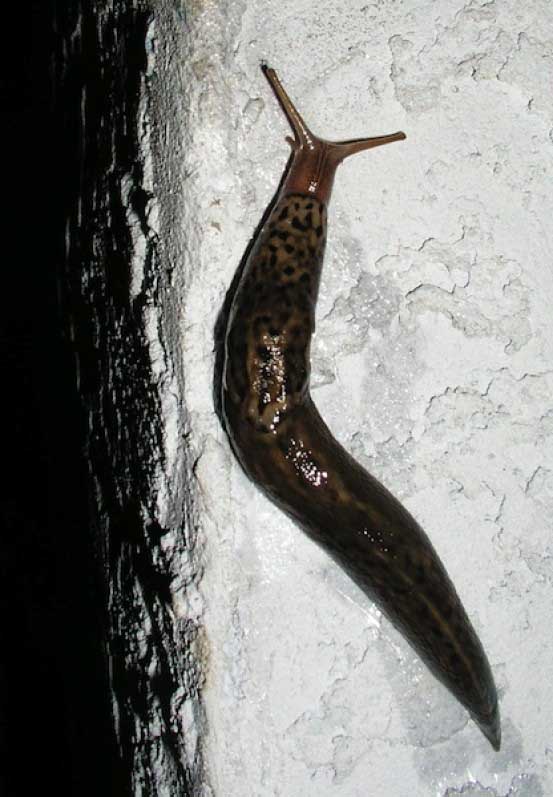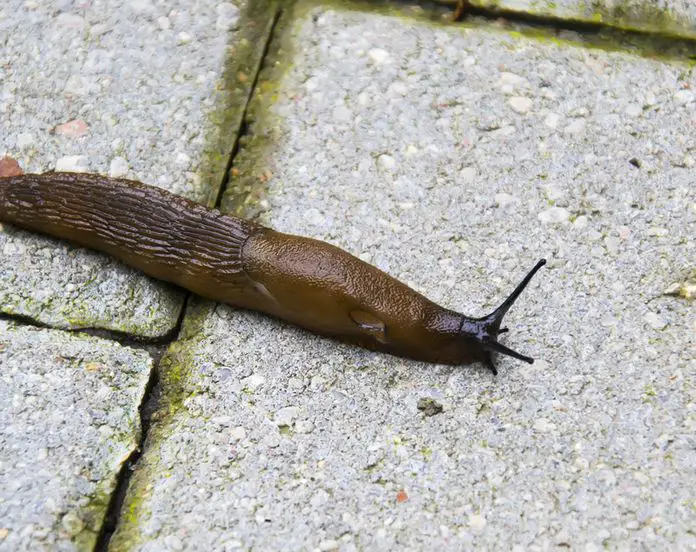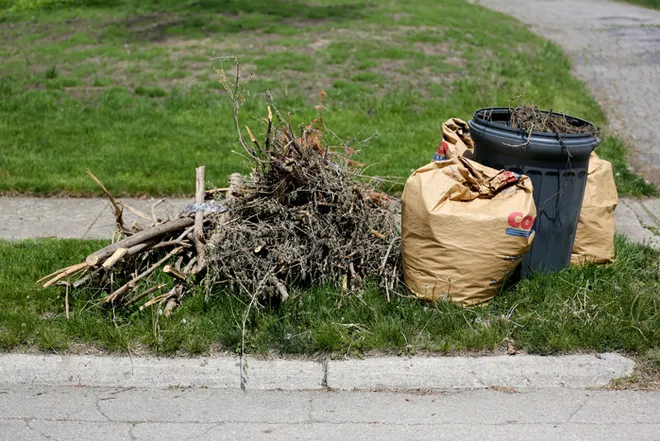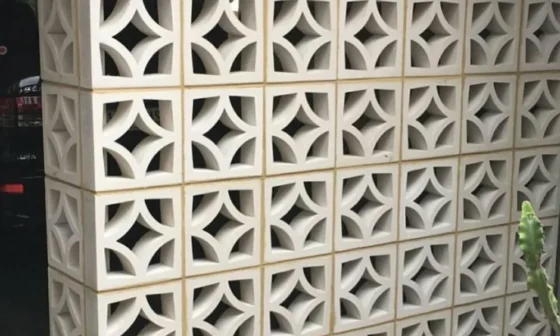
Have you ever been startled by the sight of slugs creeping around your house at night? If so, you’re not alone. Many homeowners find themselves wondering, “Why are slugs coming in my house at night?”
Understanding Slugs and Their Habits
Slugs are soft-bodied gastropods that belong to the mollusk family. They are typically found in moist environments and are more active during the night.
Slugs feed on a variety of organic matter, including plants, decaying leaves, and fungi.
While they play an essential role in the ecosystem as decomposers, they can become a nuisance when they venture into our houses.
Why do slugs come out at night?
1. Moisture and Darkness Temptation
The main reason slugs venture into houses at night is the allure of moisture and darkness. Slugs thrive in damp conditions, making them attracted to areas with high humidity.
At night, when the surroundings cool down and moisture levels rise, your house may become an inviting refuge for these slimy creatures. The cool, dark corners provide the perfect environment for slugs to thrive and breed.
2. Easy Access through Openings
Slugs are remarkable escape artists when it comes to finding their way into your home. They can squeeze through tiny openings, including gaps under doors, cracks in walls, or damaged window screens.
As nocturnal creatures, they are adept at navigating in the dark and can find their way indoors easily. Once inside, they may explore various rooms, leaving behind their silvery trails as evidence of their visit.
3. Attracted to Food Sources
While slugs primarily feed on vegetation and decaying matter, they are opportunistic eaters and can also be drawn to food sources inside your home.
Spilled crumbs, fallen fruits, and even pet food left out overnight can serve as a feast for these voracious gastropods.
If your kitchen or pantry isn’t adequately sealed, slugs may take advantage of the accessible food supply and make themselves at home.
4. Seeking Shelter and Safety
Slugs are often on the lookout for safe hiding spots during the day to protect themselves from predators and unfavorable weather conditions.
Your house, with its nooks and crannies, offers a cozy and secure environment for them to seek shelter. They may find refuge behind furniture, under appliances, or even in damp basements.
These secluded areas provide protection from predators, such as birds or frogs, and offer an ideal breeding ground for slugs.
5. Tracking Scent Trails
Slugs have an extraordinary sense of smell and can track scent trails left behind by other slugs. If one slug manages to enter your house, it may leave behind a trail of mucus as it explores its newfound surroundings.
This slimy path acts as a guiding beacon for other slugs, enticing them to follow the trail and invade your home. Therefore, it’s crucial to address the slug issue promptly to prevent a full-blown infestation.
6. Climate and Seasonal Factors
Certain climatic and seasonal factors can contribute to an increase in slug activity and their intrusion into your home.
Slugs are more prevalent during wet and humid conditions, such as spring or autumn, when rainfall is abundant.
The moist environment outside encourages slugs to seek drier areas, potentially leading them to explore your living space.
Dealing with Slugs in the House at Night

Now that we’ve identified some of the reasons slugs might be infiltrating your home, let’s explore effective strategies to deal with these unwanted guests.
1. Seal Entry Points
To prevent slugs from finding their way inside, it’s essential to seal any potential entry points. Inspect your doors, windows, and walls for cracks, gaps, or damaged screens.
Seal them using weatherstripping, caulk, or mesh screens to create a barrier that slugs cannot penetrate.
By fortifying these vulnerable areas, you significantly reduce the chances of slugs invading your living space.
2. Reduce Moisture Levels
Since slugs are attracted to moisture, it’s crucial to minimize dampness within your home.
Fix any plumbing leaks promptly and ensure proper ventilation in areas prone to humidity, such as bathrooms and kitchens.
Use dehumidifiers or fans to improve air circulation and create an environment that is less favorable for slugs.
3. Clear Away Debris

Slugs thrive in cluttered environments where debris provides ample hiding spots. To discourage their presence, declutter both the interior and exterior of your house.
Remove piles of leaves, mulch, or decaying vegetation near your home’s perimeter, as these can attract slugs.
Regularly sweep or vacuum your floors, paying particular attention to corners and crevices. Maintaining a clean and tidy living space makes it less enticing for slugs to venture inside.
4. Remove Food Sources
Make sure your kitchen and dining areas are free of crumbs and spills. Store food in airtight containers, including pet food, and promptly clean up any spills or fallen fruits.
5. Natural Deterrents
There are several natural substances that act as deterrents for slugs. Sprinkling diatomaceous earth or crushed eggshells around entry points can create a barrier that slugs find difficult to cross.
Copper tape or copper wire placed along thresholds or around pots can also discourage their passage due to the electrical charge it creates.
Additionally, you can plant slug-repellent herbs like mint, rosemary, or lavender in your garden, as their strong scent repels slugs.
6. Use Traps
If you’re dealing with a persistent slug problem, setting up traps can be an effective solution. Slug traps can be made using simple household items like shallow containers filled with beer or a yeast-sugar-water mixture.
Slugs are attracted to the fermenting odor and will crawl into the liquid, ultimately drowning.
Place these traps in areas where slugs are commonly found, such as near doorways or in damp corners. Regularly empty and refill the traps to maintain their effectiveness.
What if the slug infestation persists despite my efforts?
If you’ve tried various preventive measures and the slug infestation persists, it may be necessary to seek professional pest control services.
Pest control experts can assess the situation and employ targeted methods to address the slug issue effectively.



